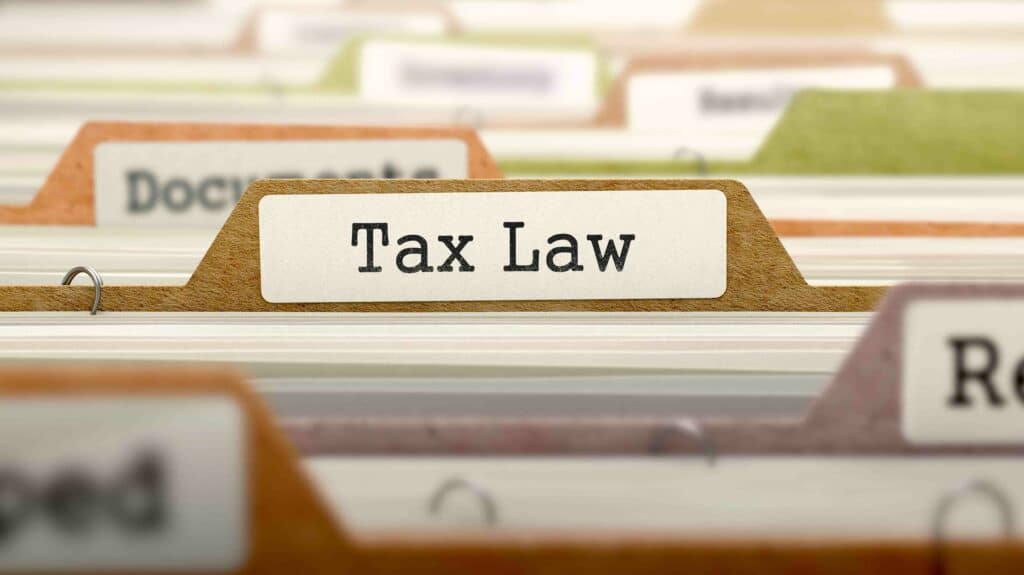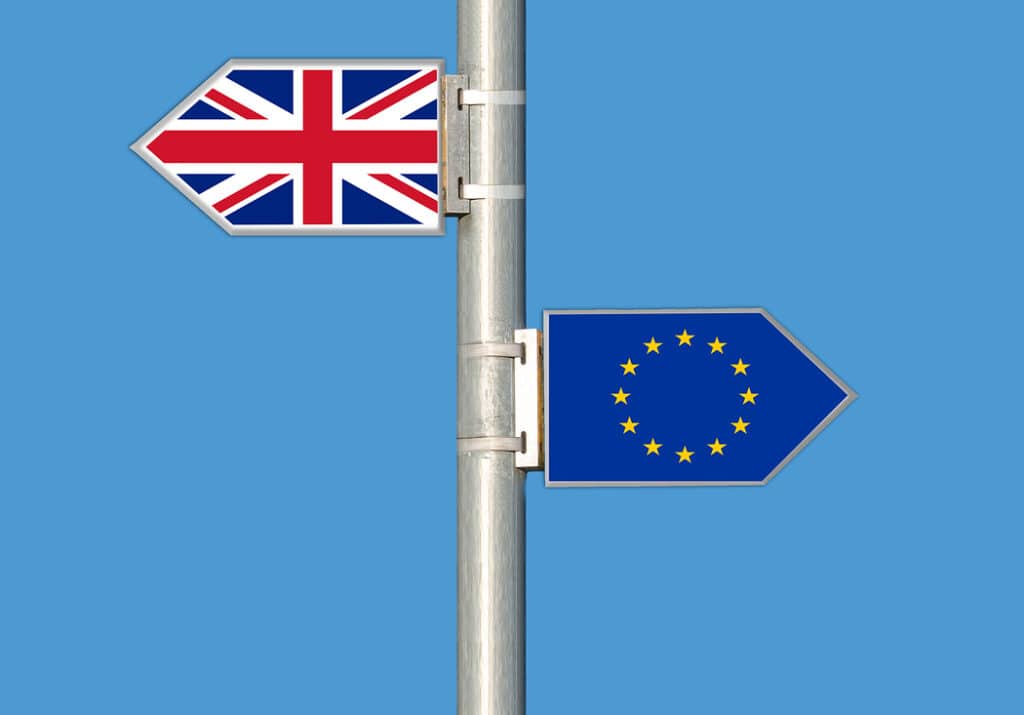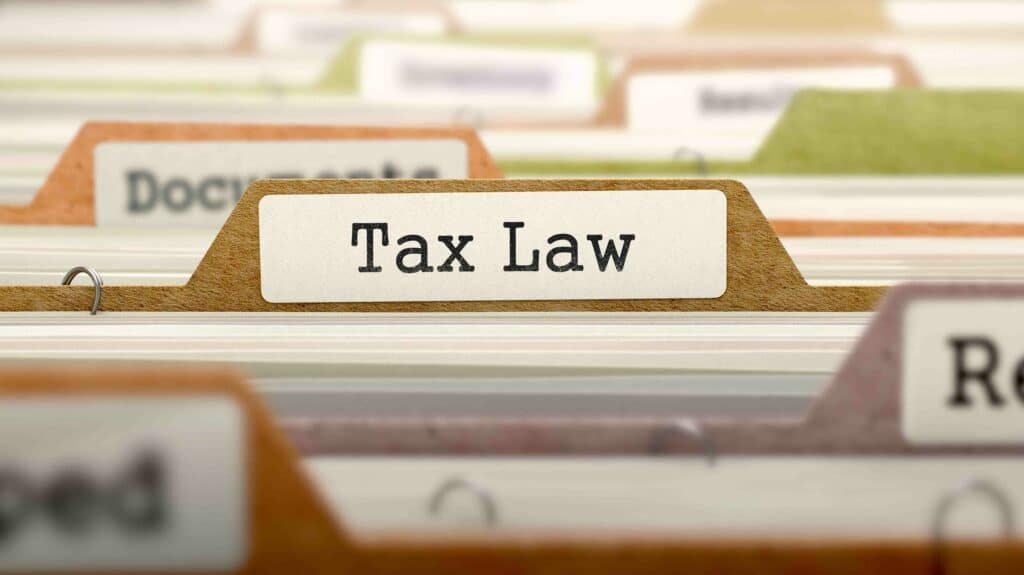Public funding of infrastructure which is not constructed for the specific needs of a company is not State aid. Introduction An article carried by the Financial Times on 1 May 2019 revealed that Jaguar Land Rover [JLR] decided to make again the iconic Land Rover Defender. The production of this legendary off-roader ended about 10 years ago because it […]
State Aid Law
Blog
State Aid Uncovered Blog
In Lexxion’s State Aid Uncovered blog, Prof. Phedon Nicolaides publishes weekly critical analyses of recent State aid judgments and decisions. Each post presents the key points of a court judgment or EU Commission decision, places it in the context of similar case law or practice, assesses the underlying reasoning and highlights any inconsistencies or contradictions.
Guest contributions from other State aid experts will also be published on the blog at irregular intervals to complement the content of the blog posts.
7. May 2019 |
State Aid Uncovered
by Phedon Nicolaides
30. April 2019 |
State Aid Uncovered
by Phedon Nicolaides
A Commission decision that affects the legal position of an undertaking is actionable before EU courts. The opening of the formal investigation procedure must lead the Member State concerned to suspend the aid measure and may result in a recovery ruling by a national court. The Commission must be consistent in its reasoning. If it cannot use certain information at […]
23. April 2019 |
State Aid Uncovered
by Phedon Nicolaides
There is crucial difference between control by the state over resources and attribution to the state of the aid granting decision. Introduction According to the latest edition of the State aid Scoreboard, in 2017 Member States granted a total of EUR 105 billion of State aid to manufacturing and services. Of that amount, 58% or EUR 61 billion supported […]
16. April 2019 |
State Aid Uncovered
by Phedon Nicolaides
State measures which are linked and produce both positive and negative effects, must be considered together to determine whether they confer a net advantage to undertakings. Counter-guarantees must be taken into account to determine the existence of advantage even if they are provisional. Introduction Member States have in a number of cases tried to defend tax reductions or tax […]
9. April 2019 |
State Aid Uncovered
by Phedon Nicolaides
Discretion in the form of intervention can remove it from the control of the state. Introduction Suppose a thug puts a gun to your head and demands your wallet. Because you have sentimental photos in your wallet, you offer instead the keys to your car. You would rather lose the car than the wallet. Can the thug claim in […]
3. April 2019 |
State Aid Uncovered
by Phedon Nicolaides
Public funding of functionally and commercially severable parts of an infrastructure project may have incentive effect even after construction is completed on some of the parts. A subsidy for the operation of a toll motorway may not constitute State aid. Introduction State aid granted to a project that has already started lacks incentive effects and, therefore, cannot be found […]
26. March 2019 |
State Aid Uncovered
by Phedon Nicolaides
Assurances from granting authorities cannot guarantee the legality of State aid. Aid recipients must verify that the aid is granted correctly. Introduction The Commission must stop its misguided policy of not making public the answers it provides to Member States on questions of interpretation of the General Block Exemption Regulation [GBER]. This is one of the consequences of a […]
19. March 2019 |
State Aid Uncovered
by Phedon Nicolaides
The autonomy that Member States enjoy in the field of direct taxation must be exercised in compliance with EU State aid law. A State aid measure is considered to be a “scheme” when (a) no further implementing acts are necessary, (b) the granting authority has no discretion in how the measure is applied and (c) the measure defines the eligible […]
13. March 2019 |
State Aid Uncovered
by Phedon Nicolaides
Introduction State aid that is incompatible with the internal market has to be paid back, unless the repayment would be contrary to a general principle of EU law. Last November the Court of Justice ruled in case C‑622/16 P, Scuola Elementare Maria Montessori v European Commission that “(79) the principle that ‘no one is obliged to do the impossible’ is among the […]
5. March 2019 |
State Aid Uncovered
by Phedon Nicolaides
The price should not cover more than 50% of the costs. Introduction An entity that does not make profit can still be an undertaking. However, an entity that charges a fee for its services is not necessarily an undertaking. The EU Court of Justice has never defined how low such a fee must be in order for that entity to […]
21. August 2018 |
State Aid Uncovered
by Phedon Nicolaides
Closer cooperation between Commission services and Member States. Introduction The European Commission, DG Competition, published on 16 July 2018 on its website and then on 19 July 2018 in the Official Journal of the EU a Code of Best Practices for the Conduct of State Aid Control Procedures.[1]The purpose of the Code is to provide guidance to Member […]
13. August 2018 |
State Aid Uncovered
by Phedon Nicolaides
After its withdrawal from the EU, the UK is likely to maintain a State aid regime that is similar to that of the EU. Introduction In seven months’ time, on 29 March 2019, the UK will leave the EU. But its withdrawal from the EU will not bring to an end compliance with EU rules. The UK is […]
7. August 2018 |
State Aid Uncovered
by Phedon Nicolaides
Failure to comply with just a single provision of an exemption regulation results in the non-applicability of the whole regulation and makes any implemented aid measure automatically illegal. The compatibility of aid measures adopted in the past but continuing having effects are assessed not on the basis of old rules but on the basis of the rules which are applicable […]
27. July 2018 |
State Aid Uncovered
by Phedon Nicolaides
A selective measure should be determined on the basis of its effects, not on the basis of the legally defined regulatory techniques. Introduction A tax measure is selective in the meaning of Article 107(1) TFEU when it basically deviates from the normal tax system. In the case of a tax reduction or a tax exemption the normal system is […]
17. July 2018 |
State Aid Uncovered
by Phedon Nicolaides
A selective tax reduction does not constitute State aid if it does not confer an advantage that is proportionately larger than the magnitude of the tax reduction. A complete exemption of insignificant amounts of the taxable volume can be justified on the grounds of reducing administrative burden. Introduction Member States enjoy wide discretion to levy taxes on […]
10. July 2018 |
State Aid Uncovered
by Phedon Nicolaides
Introduction On 18 June 2018, the European Commission published its Annual Report on Competition Policy for 2017.[1] As usually, the Annual Report is accompanied by a Staff Working Paper that has almost four times as many pages as the Annual Report and provides more details on developments in all areas of competition policy, including State aid.The pre-eminent role of the […]
3. July 2018 |
State Aid Uncovered
by Phedon Nicolaides
Block exemption of new financial instruments. Introduction The Commission has recently published a proposal for amendment of Council Regulation 2015/1588[1] which authorises the Commission to adopt block exemption regulations. The purpose of the Commission’s proposal is to expand Article 1 of Regulation 2015/1588. This Article lists the categories of aid that may be declared compatible with the internal market.The […]
25. June 2018 |
State Aid Uncovered
by Phedon Nicolaides
Damage from natural disasters can be remedied in the short-term through direct compensation or in the longer-term through investment subsidies to support new productive capacity. Introduction This article reviews a rather straightforward case which, however, is also quite unusual. It concerns a measure to remedy the effect of recent earthquakes in Italy. What makes it unusual is that […]
19. June 2018 |
State Aid Uncovered
by Phedon Nicolaides
A measure that covers a whole sector can be selective. Distortions caused by the policies of other Member States cannot justify the granting of State aid. The purpose of State aid is not to ensure equal conditions of competition across Member States. Introduction On 31 May 2018, the General Court ruled in case T-160/16, Groningen Seaports v European Commission.[1] Groningen […]
12. June 2018 |
State Aid Uncovered
by Phedon Nicolaides
Most State aid for the development of broadband networks is approved by the Commission. But the aid must be limited only to areas where market-based investments are unlikely to be made without aid. Introduction This article reviews a recent Commission decision authorising State aid for broadband development in the Netherlands which is one of the most networked countries […]























